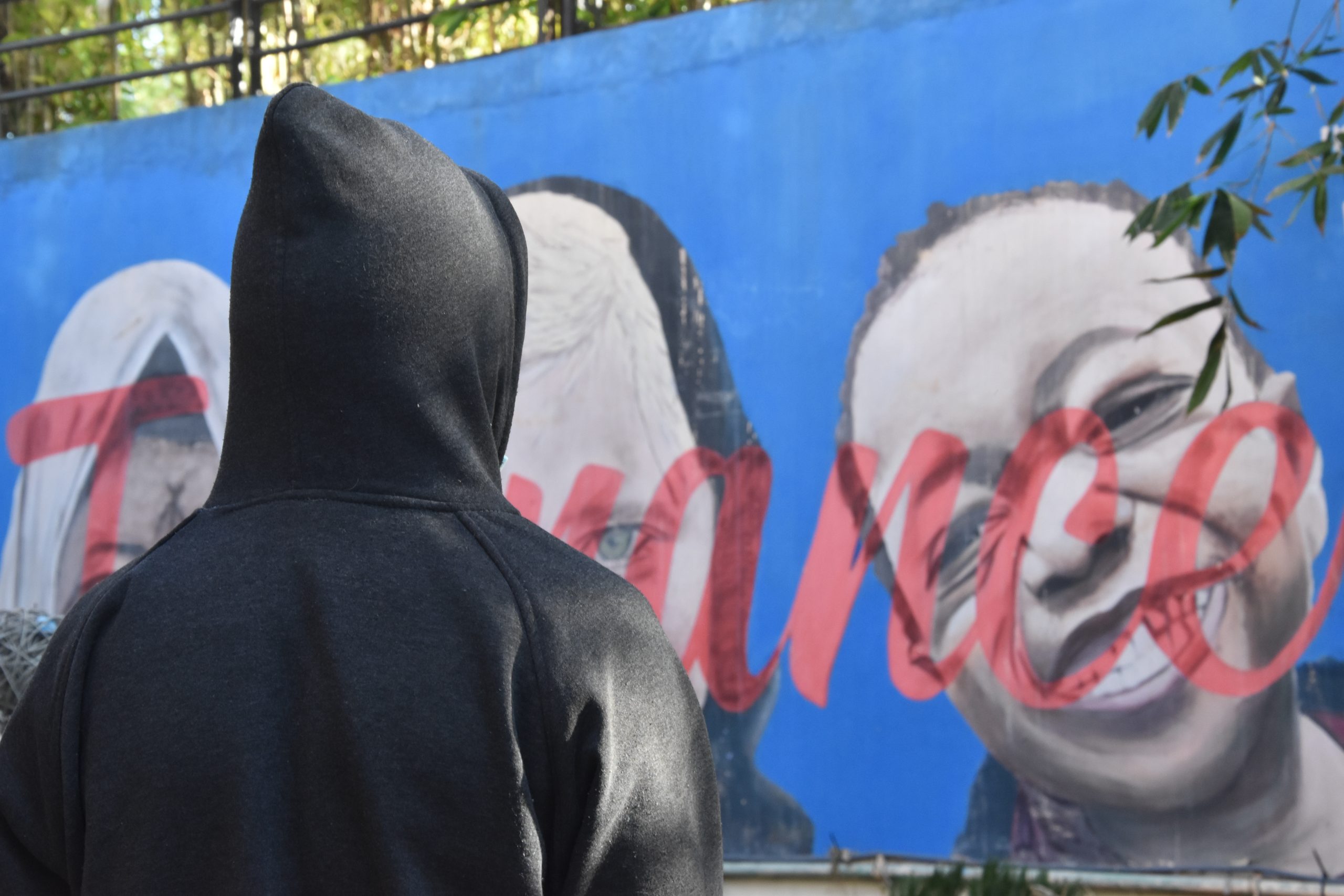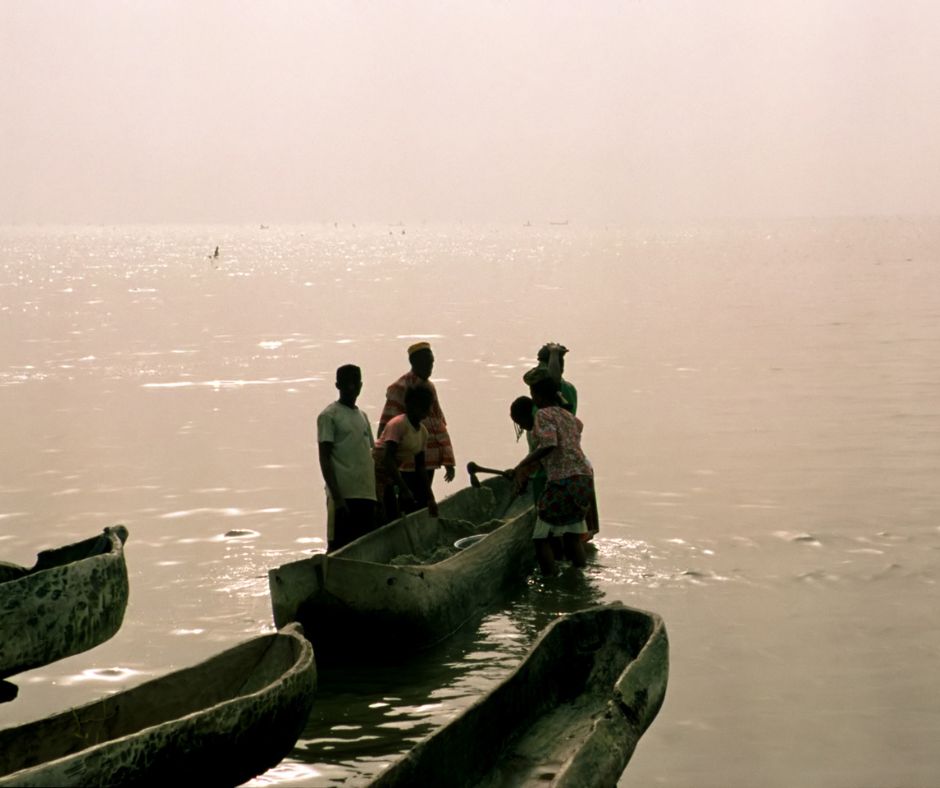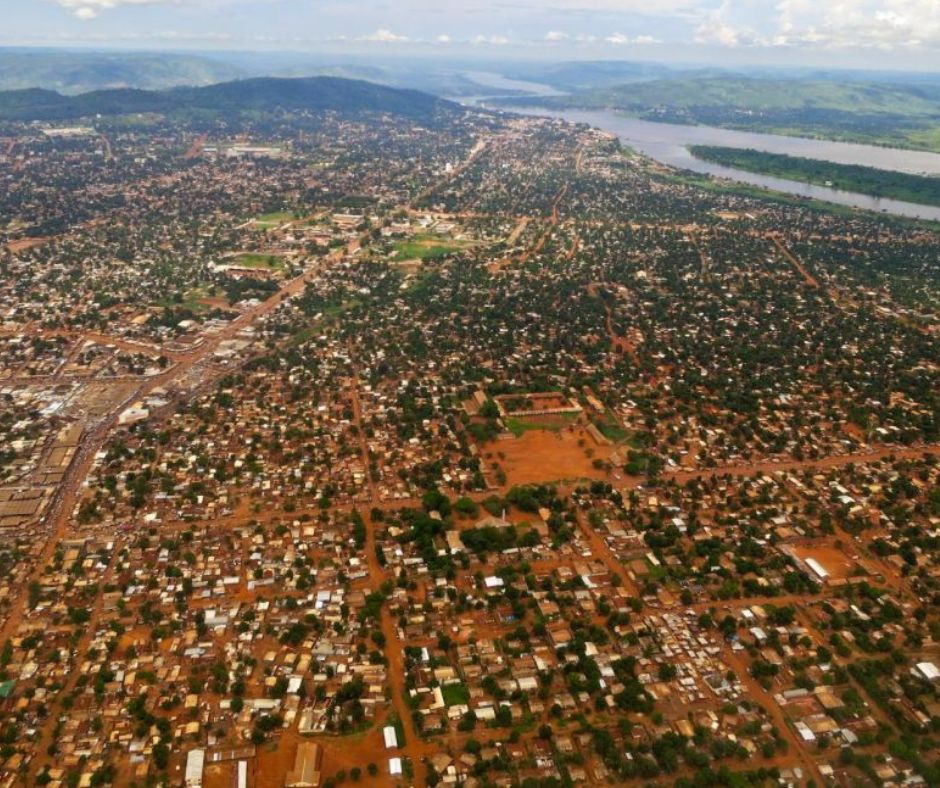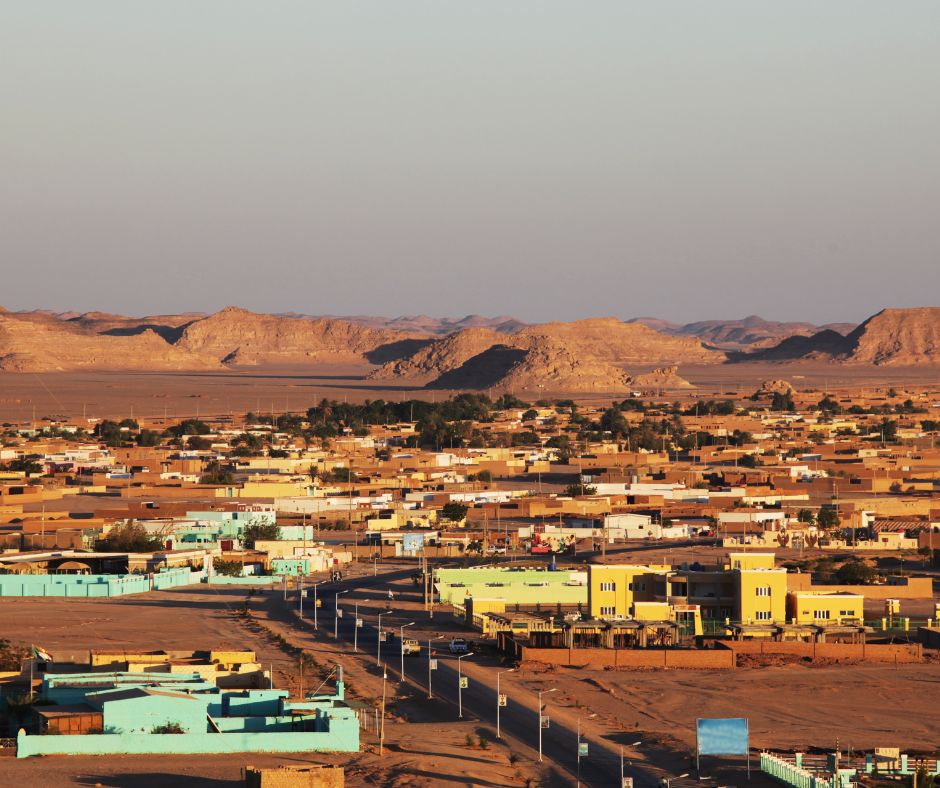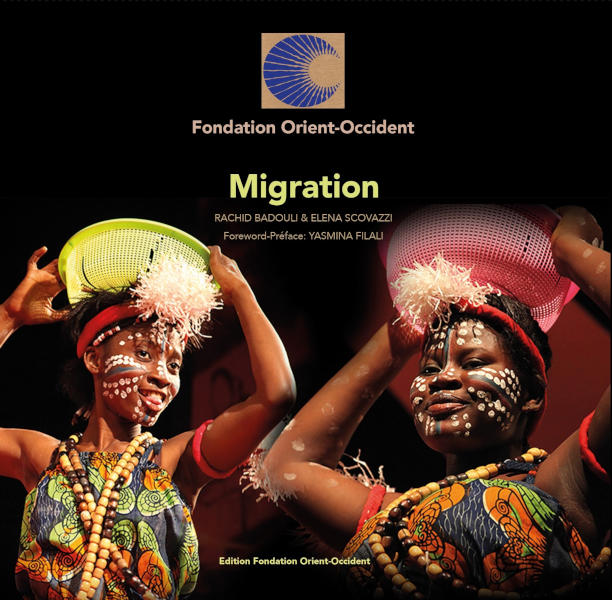“They told me: When you’ll go to Lybia, you’ll get some work and you will be safe there. I didn’t know it wasn’t safe. I had 2000 sudanese pounds, but they asked me for 3500. I told them that I didn’t have them. They told me: If we take you to Lybia, they have a farm. You’ll work for the farmer and you’ll pay us back. After paying your debt, you will be free to go everywhere you want. I said to myself: if Lybia really is a safe place, I will go.”
Ishakh left the Darfur in 2015, but arrived in Morocco just 4 years ago.
The situation in Darfur was dramatic at the time, especially in the small villages. After the Janjawids militia attacked his city, killing many people, they took him as a prisoner for one year, during which he took care of their horses.
“They beat me up all the time, they hanged me on a tree and throw dirty water at me, to make my wounds hurt even more. During the night, I went to eat in the stables with the horses. I drank milk with them, because they forgot to give me food.”
When he managed to escape the militias, he went to Tini, the crossroads city, known to be the perfect spot lo leave the country. However, he didn’t know where to go next. In Tini, he met some traffickers who took advantage of his indecision:
“They told me: When you’ll go to Lybia, you’ll get some work and you will be safe there. I didn’t know it wasn’t safe. I had 2000 sudanese pounds, but they asked me for 3500. I told them that I didn’t have them. They told me: If we take you to Lybia, they have a farm. You’ll work for the farmer and you’ll pay us back. After paying your debt, you will be free to go everywhere you want. I said to myself: if Lybia really is a safe place, I will go.”
Then they took Ishakh to the desert, he didn’t know how far Libya was from Sudan. The weather was unbelievably hot. They traffickers gave him one glass of water and 3 dates per day to eat.
“We were 25 in the truck, all from Sudan. When someone fell down from the truck, due to tiredness, weakness and high temperature, the driver didn’t stop. He said: If he’s not strong, he doesn’t deserve to live. The traffickers had guns. When people complained and asked them to stop the truck to help them, they just shot them. They silenced them.”
After seven days of trip in the desert, Ishakh arrived in Lybia. The traffickers took him to another car, blindfolded him and took all of them in a house. More than a house, a prison. They had no idea of what place was it. He spent three months in a room, in the dark, with other 19 Sudanese people. Every room of the house was full of migrants, divided according to their nationality.
“Some people called their families and managed to pay the traffickers. Other people just died there, because their families didn’t have money. Me neither, I didn’t have them. They called me a liar. They tortured me with electric cables. I told them: “I don’t have a family anymore. I don’t have money. If you want to kill me, just kill me. But I was useless for them, so they sold me again.”
They took him to the desert again, to work in the gold mines. He was slave again, but of a new militia and in a new country.
“If someone didn’t want to work, they killed them or cut their hands. They tortured and killed people in so many ways. They tied the limbs of a guy to two cars and then they put in motion, in opposite directions. They broke him all his bones and let him die like that. Everyone had to look at these executions, to make them learn discipline.”
They were working all the time, even at night. The traffickers gave them from 2 to 5 hours to sleep. When people became too tired to work, they were just killed. After one year working as a slave, one day, while some of the guards where inside the gold mine, he managed to escape with some other Sudanese. Ishakh and his companions spent five days walking in the desert, not knowing where to go. “I was so hot that I had to put my head under the sand as a shelter, to make it burn less.”
A car stopped and the driver took them to Niger. Arrived in Arlit, the OIM helped Ishakh with some clothes. He lived in Agadez for 5 months. Then, at some point, the police came and started taking people to the desert. Ishakh decided to go to Mali, where he worked for six months in a restaurant.
“My plan was to go to Algeria, which cost 3000 dinar for migrants without papers. In the road to Algeria, some criminals attacked me and put gas in my eyes. They took all my money. Some people from Cameroun helped me. They told me to go to Morocco and after to Europe.”
From Algeria to Morocco, he was left behind by the other migrants from his group. He was too slow, and he found himself alone. Following the lights at night, he arrived in Oujda. In Morocco, he lived in the street for three days. He went to the Fondation Orient-Occident in Oujda, where they gave him a place to stay for a month. Then, they gave me the money to go to Rabat and have an interview with the HCR officers. Now Ishakh is a refugee.
“I can’t stay in Morocco anymore. I have been threatened by some Moroccan neighbours many times, for nothing except that I am a refugee from Sub-Saharan Africa, for nothing but the difference of our cultures. I was also bullied on the public road as well as on public transport, all of this affected me morally and psychologically and I was robbed more than once. I have been arrested by the police and taken to cities in the south more than once. They claimed that I do not have a residency even though I showed them the UNHCR refugee document. I ask myself what is the sense of this document if it did not protect its owner from abuse, injustice and racial discrimination. Sometimes I feel like I’m in the same environment that I tried so hard to escape. Every time I’m robbed, I’m beaten in the street, it reminds me of the violations that I suffered in Niger, Libya and Algeria. For how long will this violence and this racism continue?”

